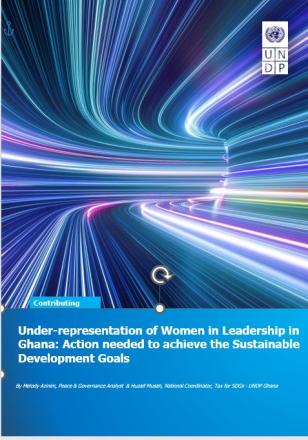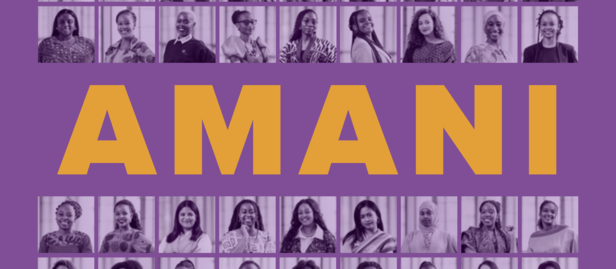Under-representation of Women in Leadership in Ghana: Action needed to achieve the Sustainable Development Goals

Under-representation of Women in Leadership in Ghana: Action needed to achieve the Sustainable Development Goals
September 6, 2023
Though equal representation and participation of men and women in decision-making is a precondition for improved functioning of a democratic society, women continue to be under-represented in the political spheres and economic decision-making processes in Ghana.
The 1992 Constitution of Ghana guarantees women's political rights, but there remains a paucity of female representation in government and many public spaces. The number of women in Ghana's leadership has increased marginally over time, yet it still remains low.
According to the Inter-Parliamentary Union (IPU), an International body that has been reporting on women in parliament, as of March 2022 only 26.1% of all national parliamentarians globally were women which still represents a low increase compared to the UN benchmarks set at 30% female representation in decision-making positions.
In Ghana, the situation is no different. In 2012, there were 29 (11%) females and 246 (89%) males among the 275 Members of Parliament (MPs). After the 2016 general elections, Ghana’s Parliament recorded 35 (13%) female MPs and 240 (87%) male MPs out of the 275 Members of Parliament, while the 2020 general elections recorded 40 female MPs (14.5%) and 235 (85.4%) male MPs.
The situation at the local assembly level is even worse, signifying a decline. An analysis of results from the District Assembly elections over the years shows a decrease in the number of women elected from 478 in 2006 of a total of 1772 women candidates, to 216 in 2019 of a total of 909 women candidates. Various research on the low participation of women has pointed to a number of factors. For example, Gyimah and Thompson (2008) reported on women’s participation in the Nadowli District in Ghana and revealed that intimidation, lack of recognition and illiteracy were among the major obstacles and at the national level, lack of resources to finance campaigns, gender based violence, lack of political will by parties to support women, political parties putting forward men as candidates in their strongholds as those with high chances to win. Also, according to Oguonu (2004), lack of resources to execute planned projects, corruption, ignorance, discrimination and exclusion prevented women from contesting again. Lack of self-confidence, unsupportive family, and their traditional gender roles were the predominant factors that barred them from active politics.
Though, there have been some successes, the challenges facing women are enormous. This requires all stakeholders on board to change the narrative for the better, as we work towards achieving the Agenda 2030.

 Locations
Locations




